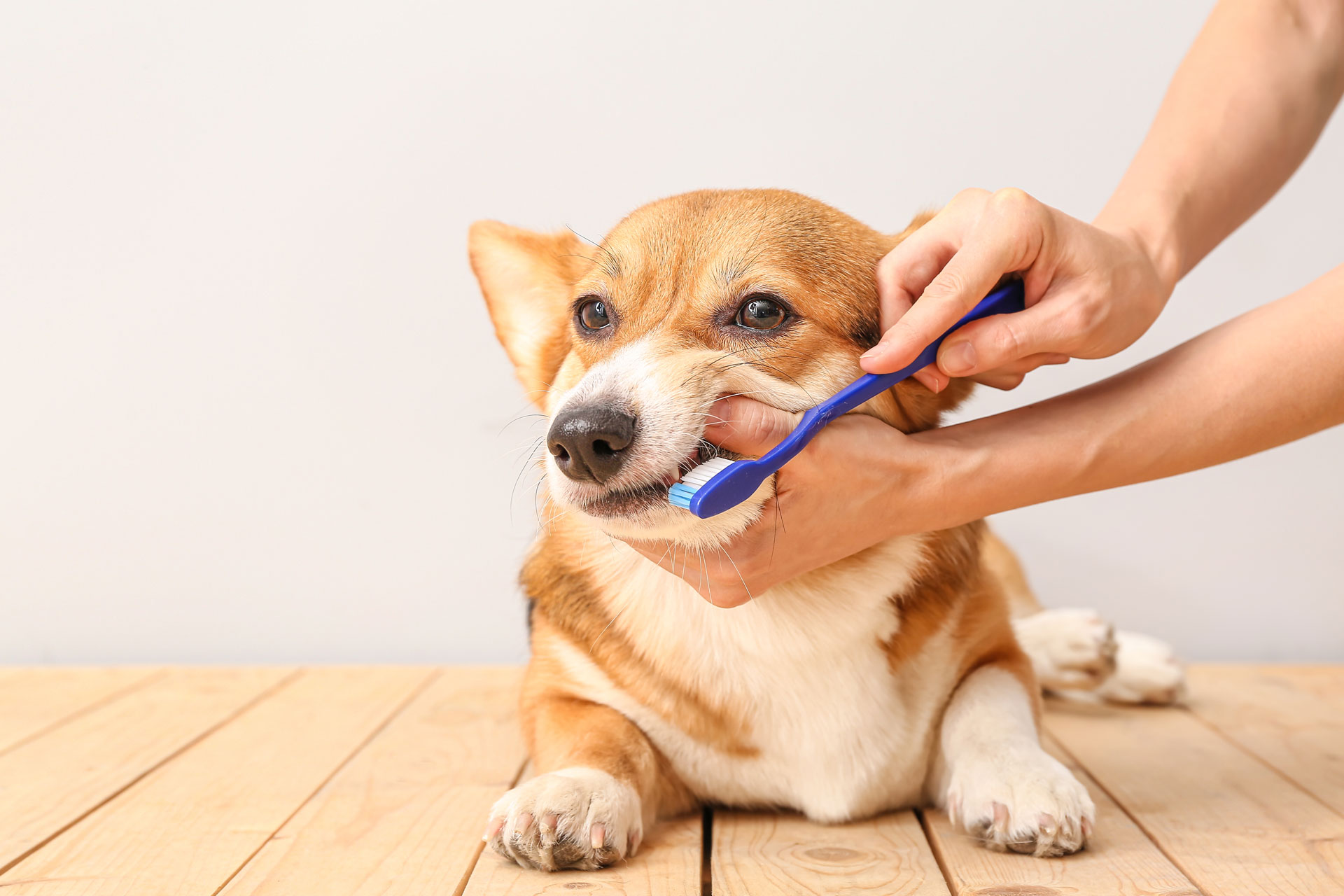Understanding Pet Dental Health
Your pet’s dental health is more than just fresh breath and clean teeth—it plays a crucial role in their overall well-being. Dental disease is one of the most common health issues in pets, with studies showing that most dogs and cats develop some form of periodontal disease by the age of three. If left untreated, dental disease can lead to infection, chronic pain, tooth loss, and even systemic illnesses affecting the heart, liver, and kidneys.
At Cobb & Co. Veterinary Clinic, we believe in proactive dental care to prevent these complications. Learn more about why oral health is critical for pets from the AVMA’s Pet Dental Care resources.
Reasons for Tooth Extractions in Pets
Periodontal Disease: The Leading Cause of Tooth Loss
Periodontal disease is the most common dental issue in pets, developing from plaque and tartar buildup that inflames and infects the gums. If untreated, it leads to:
- Pain and gum recession
- Loose or missing teeth
- Abscesses and severe infections
- Bone loss in the jaw
In advanced cases, tooth extraction is necessary to prevent further health complications. Learn why dental health is essential for long-term pet wellness in this guide: Healthy Mouth, Healthy Pet: Why Dental Care Matters.
Fractured Teeth: A Painful but Common Problem
Pets can fracture their teeth from trauma, chewing hard objects, or accidents. Broken teeth expose the sensitive pulp inside, leading to pain and a high risk of infection. If the damage is severe, extraction is often the best option.
To learn more about diagnosing and treating fractured teeth, read this resource: Today’s Veterinary Practice: Fractured Teeth.
Other Dental Issues Requiring Extraction
- Tooth Resorption – Common in cats, this painful condition causes the tooth to dissolve and often requires extraction.
- Malocclusions (Misaligned Teeth) – Some pets have teeth that press into soft tissues, causing chronic discomfort and difficulty eating.
- Severe Infections and Abscesses – When infection spreads deep into the root, extraction may be necessary to prevent jawbone damage and further pain.
At Cobb & Co. Veterinary Clinic, we assess each case carefully to determine whether extraction is the best course of action. Learn more about our advanced dental services here.
Anesthesia & Surgical Procedure
To ensure a safe and pain-free experience, pets receive:
- General anesthesia with advanced monitoring (heart rate, blood pressure, oxygen levels)
- A sterile, surgical extraction process
- Pain management before, during, and after the procedure
Surgical extractions may involve removing gum tissue or portions of the jawbone to safely extract the affected tooth. Our veterinarians take every precaution to minimize discomfort and speed up recovery.
Post-Operative Care and Recovery
After surgery, your pet will receive:
- Pain medication and antibiotics to prevent infection
- Soft food recommendations for easier eating
- Follow-up care instructions to ensure proper healing
For more on our surgical expertise, visit our Surgery Services page.

How to Care for Your Pet After a Tooth Extraction
Home Care Tips for a Smooth Recovery
- Provide soft food – Avoid hard kibble for at least 10-14 days.
- Monitor for swelling or bleeding – Contact us immediately if you notice excessive discomfort.
- Limit activity – Keep your pet calm and avoid rough play.
- Maintain oral hygiene – Use veterinarian-approved oral rinses and schedule a follow-up cleaning.
Warning Signs of Complications
- Persistent bleeding or swelling
- Refusal to eat or drink
- Excessive pawing at the mouth
- Foul odor from the mouth
Preventing Dental Disease & Future Extractions
Daily Dental Care at Home
- Brush your pet’s teeth daily using pet-safe toothpaste
- Use dental chews or water additives approved by the Veterinary Oral Health Council (VOHC)
- Schedule regular professional cleanings to remove plaque before it hardens
Regular Veterinary Check-Ups
Routine dental exams and cleanings are the best way to prevent tooth loss. Early detection of gum disease and decay allows for treatment before extractions become necessary.
Learn more about your pet’s dental care needs from the AAHA’s guide.
Diet and Dental Health
A nutritionally balanced diet supports strong teeth and gums. We recommend:
- Prescription dental diets for pets prone to plaque buildup
- Crunchy kibbles designed to reduce tartar
- Hydration to prevent dry mouth, which worsens dental disease
For personalized nutritional advice, check out our Nutritional Counseling services.
FAQs About Pet Dental Health and Tooth Extractions
How do I know if my pet needs a tooth extraction?
- Signs include bad breath, difficulty eating, drooling, or red/swollen gums. A veterinary dental exam is necessary for diagnosis.
Is anesthesia safe for dental procedures?
- Yes! Modern veterinary anesthesia protocols make dental extractions safe, even for senior pets.
How often should my pet have a professional dental cleaning?
- Most pets benefit from annual cleanings, but some require more frequent care, depending on their breed and oral health history.
How Cobb & Co. Veterinary Clinic Supports Pet Dental Health
We offer comprehensive dental care to keep your pet’s mouth healthy, including:
- Routine cleanings & check-ups
- X-rays & advanced diagnostics
- Extractions & oral surgery
- Customized treatment plans for ongoing care
Schedule Your Pet’s Dental Exam Today
Don’t wait until your pet is in pain—regular dental care prevents serious health issues. Whether your pet needs a routine cleaning or a complex extraction, we’re here to help.






Leave A Comment